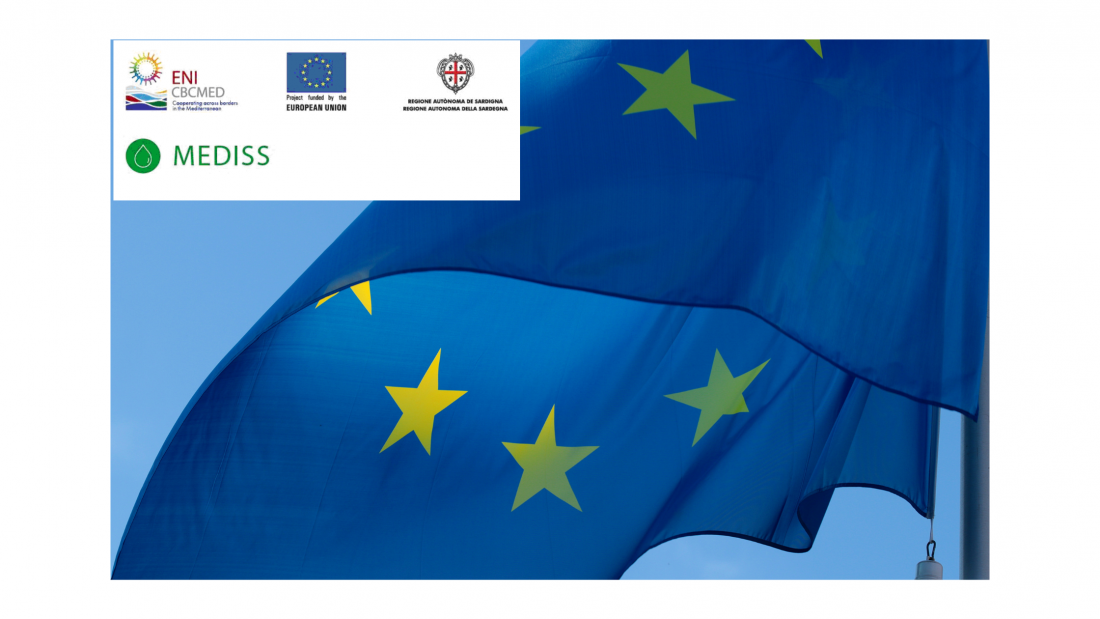[MEDISS] European Commission calls more effective actions on water pollution from nitrates

The reduction of nitrates excess in water sources is between the priorities of the MEDISS project, especially concerning the Italian pilot site, Arborea.
A recent press communication of the European Commission stressed the need for more effective actions and stricter measures. According to Virginijus Sinkevičius, Commissioner for the Environment, Fisheries, and Oceans:
"The implementation of the Nitrates Directive over the last 30 years has undoubtedly increased water quality overall in the EU. We also see that real efforts to switch to sustainable methods are paying off. However, the pace of change is not enough to prevent damage to human health and preserve fragile ecosystems. In line with the European Green Deal, more urgent action is now needed to achieve a sustainable agriculture and protect our precious water supply.”
The latest Commission Report on the implementation of the Nitrates Directive (based on data for 2016-2019) warns that nitrates are still causing harmful pollution to water in the EU.For the period 2016-2019, across Member States, 14.1% of groundwater still exceeded the nitrates concentration limit set for drinking water. According to the findings, water reported as eutrophic in the EU includes 81% of marine waters, 31% of coastal waters, 36% of rivers and 32% of lakes.
The main concerns are related to the role of nutrient pollution from agriculture in the Member States. Despite a general improvement of national action programs, measures implemented are not satisfactorily affecting pollution levels in intensive agriculture areas. Between the Member States Belgium, Czech Republic, Denmark, Germany, Finland, Hungary, Latvia, Luxemburg, Malta, the Netherlands, Poland, and Spain are facing the greatest challenges in reducing nitrates impact. Nevertheless, Bulgaria, Cyprus, Estonia, France, Italy, Portugal, and Romania shows critical areas of pollution to be faced as soon as possible. urgently diminished.
MEDISS project in Arborea is supporting an experimental facility for the extraction of fertilizers from the sludge of the wastewater treatment plants of the Cooperativa Produttori Arborea.
Re-using sludge from livestock facilities for the production of "clean" fertilizers, using advanced stripping technology, by reducing directly nitrate pollution.









